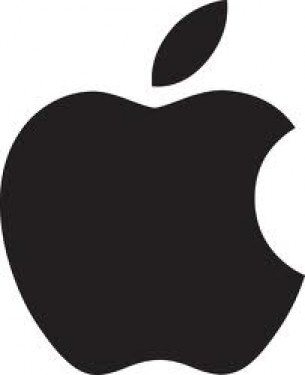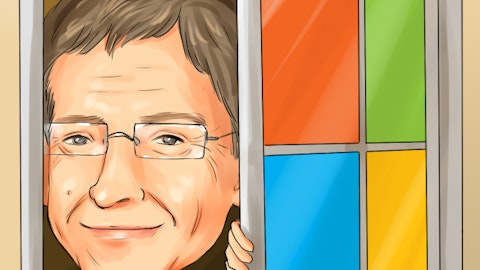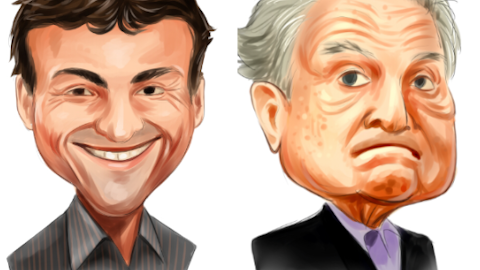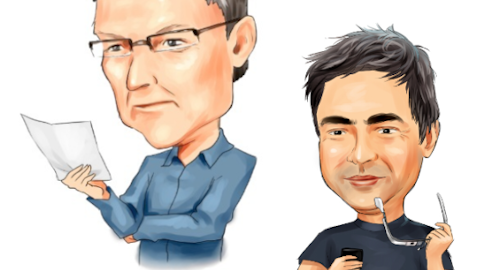By now, probably every investor has heard of Moneyball, the Michael Lewis book-turned-movie that details the story of the 2002 Oakland Athletics.
A’s General Manager Billy Beane, handicapped by a limited payroll, decides to apply economic theory to baseball strategy, which transforms his team into an unlikely division winner. In the end, the rest of the league adopted this approach, changing the way the game is played.
Moneyball is a great illustration of the way sports require many of the same tools for success as business. And with the NFL season set to kick off in full this weekend, it seems like a worthy moment to look at some of the business lessons we can learn from football.
Apple and the West Coast offense
Only a few businesses in the world are lucky enough to be able to sit on the same product for generations without changing. (I’m looking at you, Coca-Cola.) Every industry evolves at some point, and the most successful companies are the ones creating the transformations, not reacting to it.

There have been myriad inventions in football, starting with the huddle and the forward pass, but chief among most recent key advances has to be the West Coast offense, which has made the pass the preeminent offensive weapon.
The 2012 season saw the greatest percentages of offensive pass plays ever, at nearly 58%, and the past three years have given us three of the league’s five most pass-happy seasons.
The transformation began when Coach Bill Walsh and San Francisco 49ers of the 1980s ran the so-called West Coast offense, which used short horizontal passes to widen the field and stretch the defense, at a time when running the ball and throwing deep passes was preferred. The strategy helped Walsh win the three Super Bowls, and over time, most teams in the league adopted it.
In the 21st century, perhaps the best example of innovation in business has been Apple Inc. (NASDAQ:AAPL). The company has introduced the iPod, iPhone, and iPad, redefining music, telecommunications, and computing, along with it. Those innovations are the reason Apple Inc. (NASDAQ:AAPL) is now the nation’s most valuable publicly traded company.
Disney and the inspirational speech
Legendary coach Vince Lombardi famously said, “Winning isn’t everything; it’s the only thing.” It should come as no secret that coaches who get the best out of their players are most likely to be successful. An inspirational speech may help, but there’s more to it than that.
With three Super Bowl wins under his belt, New England Patriots Coach Bill Belichick is generally considered the best active coach. Known for his intensity, work ethic, and attention to detail, Belichick was described by former Patriots Linebacker Tedy Bruschi as “demanding of you every second.” Bruschi added: “He demands your concentration, your intelligence, your physical being, your effort. Everything that you can put into a football game, he demands it of you.”
Those high standards are a major reason for his success.
Nearly every company sets high standards, but not all meet them. In its older days, The Walt Disney Company (NYSE:DIS) had one of the most aspirational and simplest mission statements in business: “Make People Happy.”
While that may be an impossible goal, the determination to keep striving for that goal is a big part of the reason its theme parks and children’s entertainment are a consistent success.
Amazon and the big play
Innovation in football hasn’t just come at the team level. Perhaps the biggest reason the NFL is the world’s most valuable sports league — its 32 teams have a combined market value of $37.4 billion — has to do with two savvy moves by former commissioner Pete Rozelle in the early 1960s.
At the time, pro football was less popular than both Major League Baseball and college football. But Rozelle recognized the potential in television, a growing medium at the time, and football’s suitability for it with close-ups on the action and built-in pauses for commercials.
Despite initial resistance from team owners, Rozelle signed a deal with CBS and made a revenue-sharing agreement with the teams so that each received $332,000 — at the time enough for most teams to cover their payroll, their biggest expense.
Today TV brings in about $2 billion a year, and the revenue-sharing agreement helps create a level of parity in the league, making it more competitive and entertaining, and ensuring that each team is financially viable. The value of TV rights has grown in recent years with the rise of video streaming, as sports — and football in particular — have proved to be one of the few forms of television viewers need to see live.
If there’s a modern-day Pete Rozelle in the business world, Amazon.com (NASDAQ:AMZN)‘s Jeff Bezos would seem to be a good candidate.
Bezos spotted the opportunity in online retail in 1994, when the Internet was in its infancy, and was clever enough to focus initially on books, a broad category where he could outstock any bricks-and-mortar retailer. From there, the retail selection expanded, and Bezos pioneered innovations such as e-books and other forms of online media, to create a network effect, giving Amazon.com (NASDAQ:AMZN) many of the competitive advantages that make it so powerful today.
You can’t win ’em all
In sports and stocks, everyone wants a winner, but it’s important not to be overzealous.
No football team has been a repeat Super Bowl winner since the Patriots did it in 2003 and 2004. In investing, even the best stock pickers are right only 55% of the time.
You can do all your homework correctly, but ultimately no one knows what the future holds, and future stock prices are determined by future events. As any football fan knows, whether it’s bad officiating or an overtime coin toss, there is always an element of luck involved. But the best athletes have short memories and don’t let a mistake like a dropped ball distract from the next play.
In the stock market, good investors need to follow this approach and accept that not every stock will be a winner. Learn from your mistakes and move on.
The article The NFL and Corporate America — Sharing the Same Playbook? originally appeared on Fool.com and is written by Jeremy Bowman.
Fool contributor Jeremy Bowman owns shares of Apple. The Motley Fool recommends Amazon.com, Apple, Coca-Cola, and Walt Disney (NYSE:DIS) and owns shares of Amazon.com, Apple, and Walt Disney.
Copyright © 1995 – 2013 The Motley Fool, LLC. All rights reserved. The Motley Fool has a disclosure policy.





